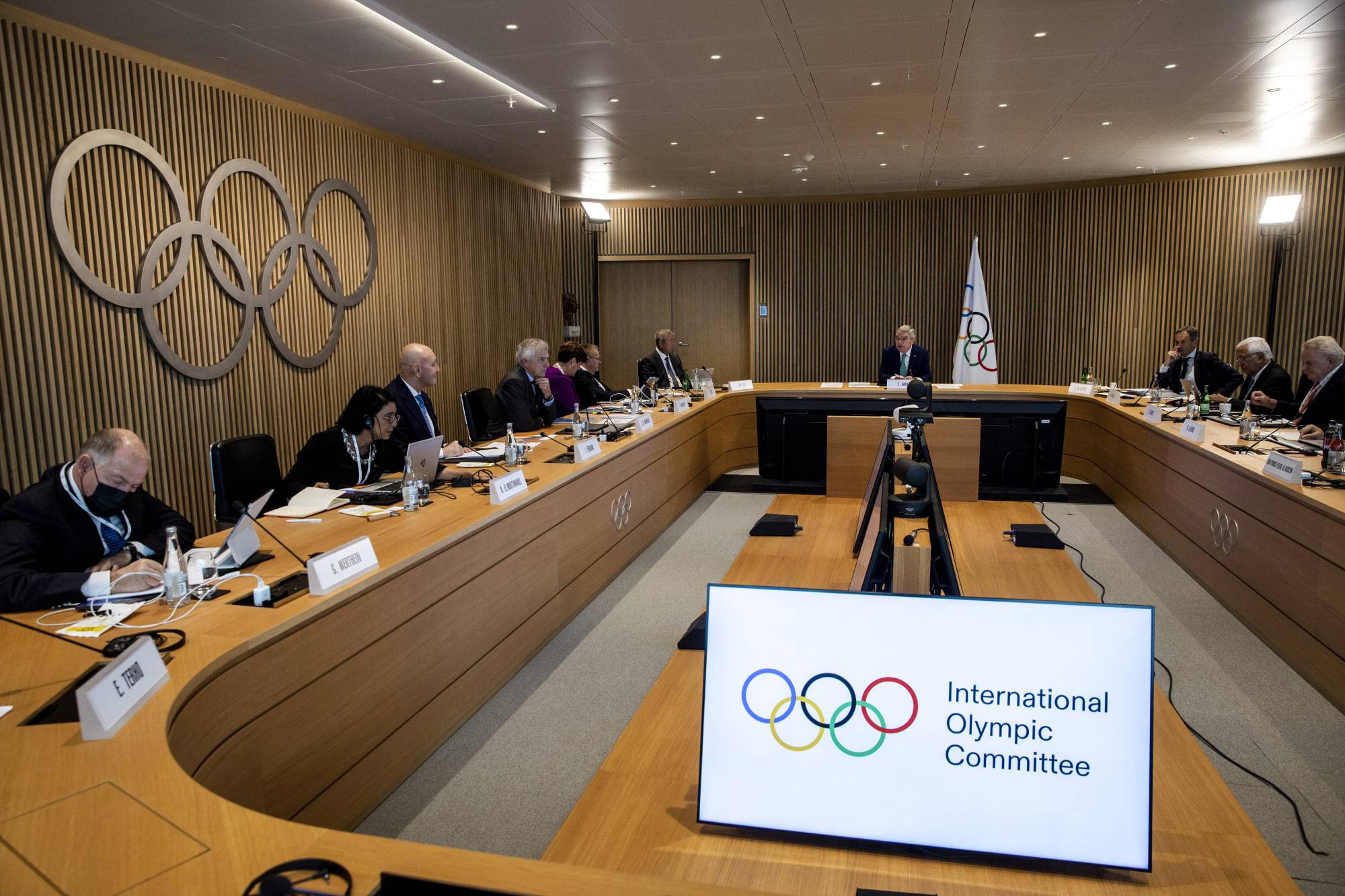The Olympic movement is facing its biggest dilemma since the Cold War: Bow to demands to ban Russian and Belarusian athletes or risk the first mass boycott of the Games in 40 years. The International Olympic Committee (IOC) and several of the most powerful national Olympic committees hate the idea of a boycott of the biggest money-spinner in world sport.
After hitting rock bottom with reserves of around $200,000 after the 1980 Moscow Games boycott, the IOC now has a staggering $5.6 billion in assets.
Despite its fear of another boycott after the one in 1984 massively undermined the event, it appears the IOC is prepared to risk it in order to maintain its "non-negotiable" stance that the Games remain above and beyond politics and that athletes should not be banned due to their governments' actions.


















With your current subscription plan you can comment on stories. However, before writing your first comment, please create a display name in the Profile section of your subscriber account page.